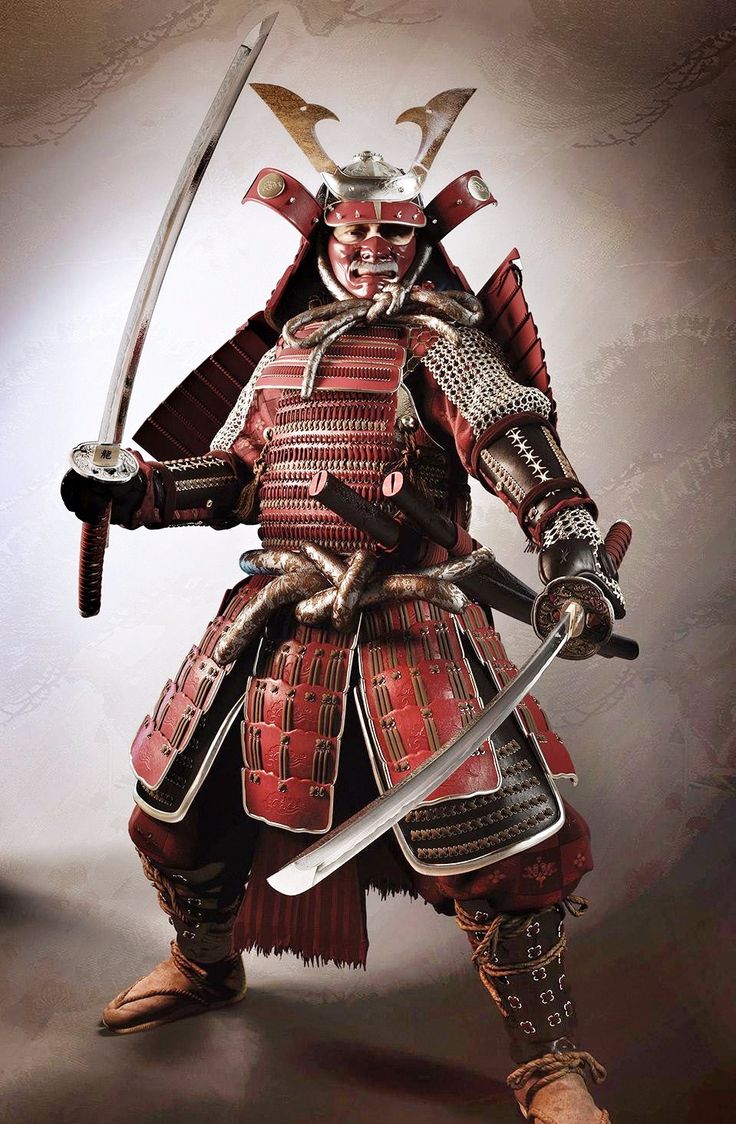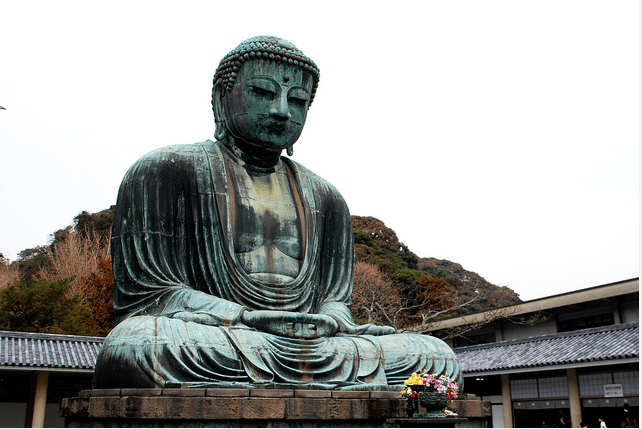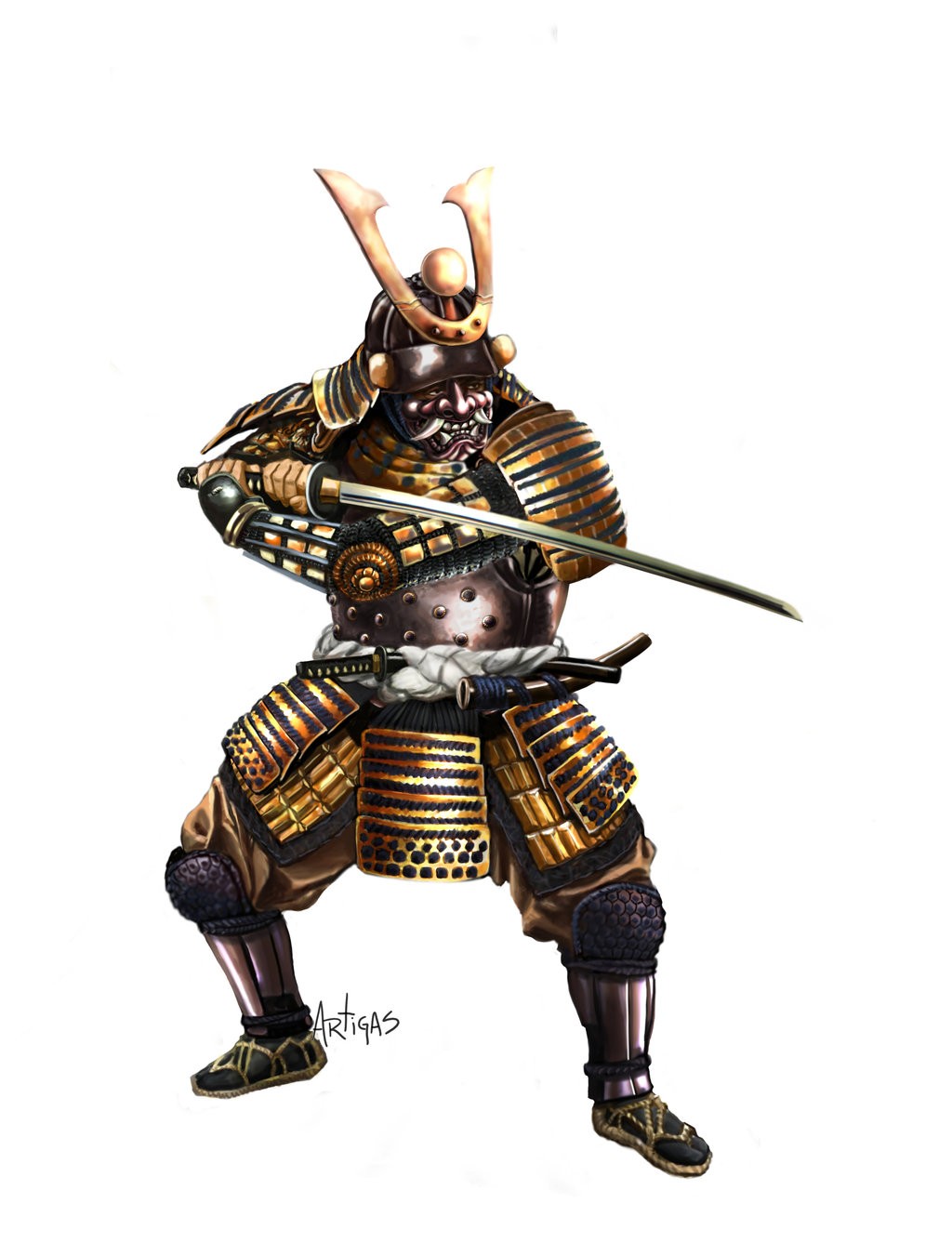


THE FISHERMAN AND THE SAMURAI
By Richard Kim. “The Weaponless Warriors”, 1974. Ohara Publications, USA.
Once upon a time a long time ago during the reign of the Tokugawa Shogunate, a samurai set out on an errand. Precisely one year ago to the day he had lent 10 koku to a fisherman in a small coastal village nearby, and today was the day the fisherman had promised he would repay the debt.
Click here to learn more
EL SAMURAI Y EL PESCADOR
Por Richard Kim. “The Weaponless Warriors”, 1974. Ohara Publications, USA.
Durante la ocupación Satsuma de Okinawa, un Samurai japonés que le había prestado dinero a un pescador, hizo un viaje para recolectarlo a la provincia Itoman, donde vivía el pescador. No siéndole posible pagar, el pobre pescador huyó y trató de esconderse del Samurai, que era famoso por ser corto de genio. El Samurai fue a su hogar y al no
Click here to learn more
“Every man who has achieved mastery in some art, reveals it in all actions”
SAMURAI MAXIM
“Todo hombre que ha alcanzado la maestría en algún arte, lo revela en todas sus acciones”
MÁXIMA SAMURAI
THE OLD MASTER
On that day the instructor introduced his students to his old Sensei. The Master an elderly person, smiling, greeted them with sympathy. One by one, the students went by to ask the old Master to teach them some of their favorite techniques. A tall young man, who had
Click here to learn more
EL VIEJO MAESTRO
Ese día el instructor presentó a sus alumnos a su viejo Sensei. El Maestro una persona de avanzada edad, sonriente, los saludó con simpatía. Uno a uno, los alumnos fueron pasando para pedirle al anciano Maestro que les enseñara alguna de sus técnicas
Click here to learn more

We are all just passing by in this life. We come to watch, to learn, to grow, to love and then go back home.
Australian Aboriginal Proverb.



Todos estamos de paso en esta vida, Hemos venido a observar, aprender, crecer, amar y volvera casa.
Proverbio aborigen australiano.
